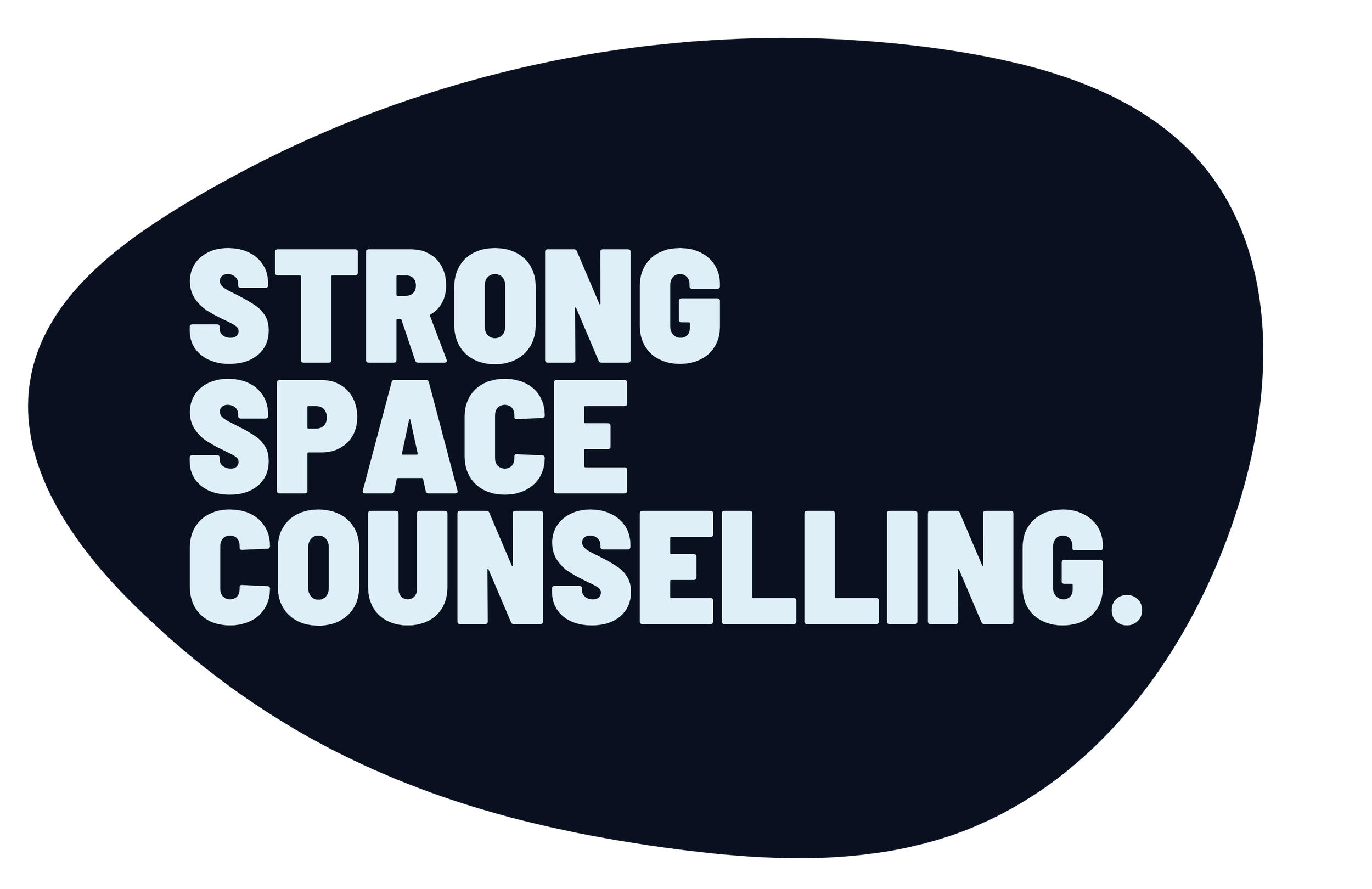Why We Need to Address Trauma to Move Past It
Let me tell you something right away: trauma doesn’t just go away because you want it to.
It doesn’t dissolve because you’ve decided to move on in your head.
Trauma lingers in your body, your relationships, and the way you speak to yourself when no one else is around.
It quietly influences your life until something or someone pushes one of those old bruises.
For men, this truth can be a particularly hard pill to swallow.
Many of us were raised to "tough it out" or rationalise the emotional pain until it felt manageable.
But here’s the reality: trauma can’t be outsmarted or muscled through.
What you can do is face it with courage and rewrite the way it shapes your life.
This isn’t just for you, but for the people who matter most.
What Is Trauma, Really?
Trauma isn’t limited to catastrophic events.
Yes, there are the obvious cases: the abuse, the accidents, the major upheavals.
But there are quieter, more insidious forms too.
The disconnection.
The moments you were left feeling unworthy or unseen.
Trauma isn’t about what happened to you as much as it is about how it impacted you.
It’s the messages you internalised, the stories you carry forward.
"I’m not enough." "I can’t trust anyone." "If I let my guard down, I’ll get hurt."
These beliefs don’t just sit in your mind; they shape your behaviours and relationships.
Here’s something important to remember: trauma isn’t your fault.
But healing it? That’s your responsibility.
Why Suppression Doesn’t Work
If I had a dollar for every man who’s told me, "I thought I dealt with that," I’d be well off.
Suppression is not the solution.
Pushing trauma aside doesn’t mean it’s gone; it just hides in the cracks of your life, waiting to emerge in unexpected ways.
Suppression might look like:
Snapping at your partner over something small.
Shutting down emotionally when things get tense.
Feeling disconnected from your kids because you’ve numbed your own feelings.
Ignoring trauma is exhausting.
It’s like carrying a heavy bag you refuse to set down, even when your shoulders are aching.
Turning Toward the Pain
Healing begins when you stop running and start turning toward the pain.
Let me be clear: this doesn’t mean diving headfirst into your worst memories.
It means noticing what’s happening here and now and beginning to understand it.
Ask yourself questions like:
Why did that comment from my partner feel so hurtful?
What’s behind my instinct to shut down during arguments?
These questions are an entry point.
They invite you to get curious about your reactions instead of judging them.
When you start asking these questions, you’re beginning to reconnect with yourself.
This Isn’t About Blame
Trauma work isn’t about pointing fingers.
It’s not about blaming your parents, your ex, or even yourself.
It’s about understanding the systems you grew up in and the ways they shaped you.
The parts of you that feel stuck aren’t bad.
They’re trying to protect you in ways that made sense at the time.
Maybe your anger is shielding you from shame.
Maybe your emotional numbness is an armour you built to survive.
But here’s the challenge: what kept you safe back then might be holding you back now.
The First Steps to Healing
If this feels true for you, you’re probably wondering where to start.
Healing doesn’t happen all at once.
It’s a gradual process of small, intentional steps.
Here’s how to begin:
Notice Your Patterns: Start observing your reactions. When do you feel tense, defensive, or withdrawn? These patterns are your system’s way of signalling that something needs attention.
Ask What’s Beneath It: When you notice those reactions, pause and ask yourself, "What’s going on here?" Even if the answer isn’t clear at first, asking the question starts the process.
Find Support: Healing isn’t a solo journey. Whether it’s through therapy, a trusted friend, or a support group, having someone to walk alongside you can make all the difference.
Redefine Moving On: Forget about "getting over it." Healing is about integrating your experiences and finding new ways to live with them.
Celebrate Progress: Small victories matter. Did you express a feeling instead of shutting down? Did you hold your ground in a conversation? These moments are worth recognising.
Breaking the Cycle
Here’s where this work becomes about more than just you.
When you heal, you break cycles.
You show up differently in your relationships.
You model courage and vulnerability for your kids, teaching them that strength isn’t about avoiding emotions, but about facing them.
I’ve heard many men say, "I don’t want to pass this down to my kids."
That’s the power of this work.
When you heal, you’re not just transforming your life; you’re creating a ripple effect for the people you care about.
What’s Next
Trauma doesn’t have to define your life.
It’s part of your story, but it doesn’t have to be the whole narrative.
By turning toward the pain, getting curious, and taking small steps, you can build a life that feels lighter, freer, and more connected.
At Strong Space, we’re here to help you take that first step.
Healing isn’t easy, but you don’t have to do it alone.
Let’s start the conversation and see where it leads.
Your next chapter is waiting.







